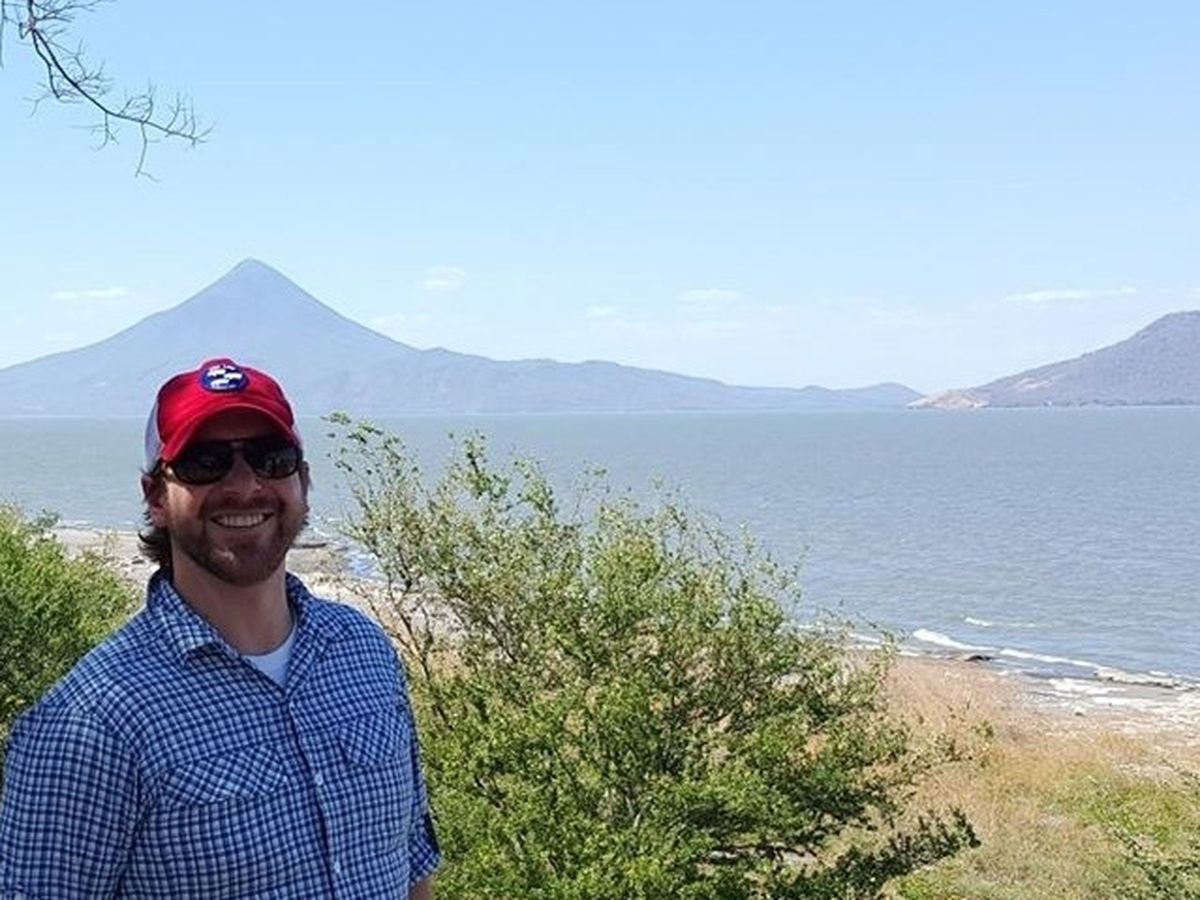Hello! I am a high school biology teacher and this summer I am embarking on an ecological research expedition partnered with 5 Gyres Organization to the Galapagos Islands! The purpose of this expedition is to gain knowledge about a MAJOR ecological issue, the presence of PLASTIC in our water systems. To do this we will be collecting water samples, and recording the presence of micro-plastics in this region of the world. This data will add to a growing data base of all the major bodies of water.

Why plastic?! Plastic has been thought to be an extremely convenient alternative to glass and other storage, but from decades of production and use, plastic waste is appearing more and more in natural ecosystems. The concept of "thrown away" no longer applies and in many cases, plastic is not recycled like many things. Further more, plastic does not breakdown like natural products. It just turns into smaller pieces of plastic. When plastic gets soft it becomes a sponge for toxins and when it breaks down many animals mistake it for food.

I am joining this trip to not only be part of growing number of people determined to help understand the affect of plastic pollution on the world water ecosystems, but also to enhance my lessons. By participating in the expedition, I can bring relevant and primary source data to my students. For example, I conclude my ecological unit discussing the effects that humans have on the ecosystem. As I have done this, I have started to focus more and more on the effects of our plastic waste. The this trip will help me become a living text book and gain more expertise as I try to inspire future leaders.

This is an amazing opportunity, but comes with some substantial costs due to the location and nature of the trip. I am hoping that you will see the importance and help fund this experience!

Why plastic?! Plastic has been thought to be an extremely convenient alternative to glass and other storage, but from decades of production and use, plastic waste is appearing more and more in natural ecosystems. The concept of "thrown away" no longer applies and in many cases, plastic is not recycled like many things. Further more, plastic does not breakdown like natural products. It just turns into smaller pieces of plastic. When plastic gets soft it becomes a sponge for toxins and when it breaks down many animals mistake it for food.

I am joining this trip to not only be part of growing number of people determined to help understand the affect of plastic pollution on the world water ecosystems, but also to enhance my lessons. By participating in the expedition, I can bring relevant and primary source data to my students. For example, I conclude my ecological unit discussing the effects that humans have on the ecosystem. As I have done this, I have started to focus more and more on the effects of our plastic waste. The this trip will help me become a living text book and gain more expertise as I try to inspire future leaders.

This is an amazing opportunity, but comes with some substantial costs due to the location and nature of the trip. I am hoping that you will see the importance and help fund this experience!

